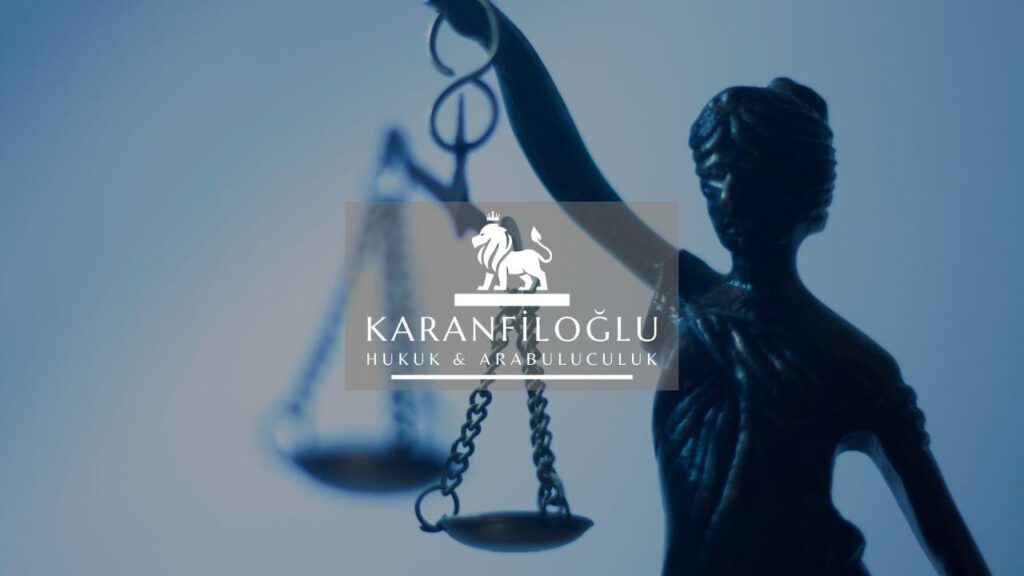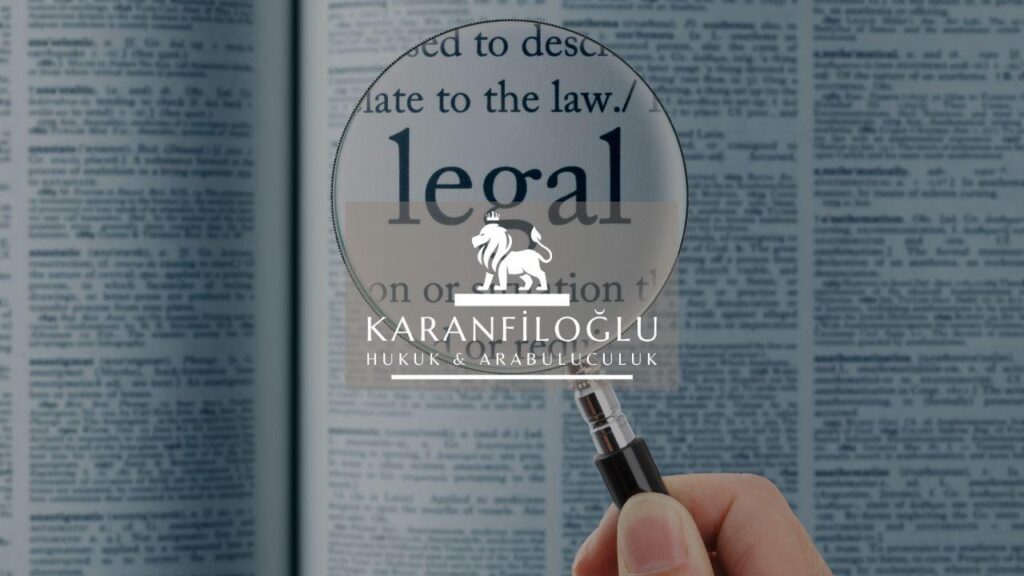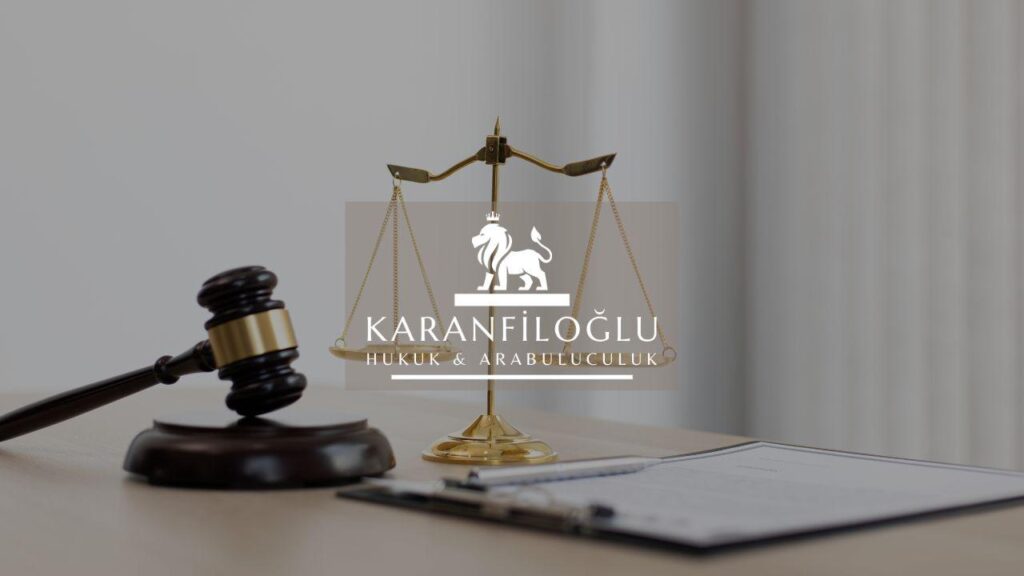Navigating Turkey’s mining laws can be a complex task requiring specialized legal guidance. At Karanfiloglu Law Office, we are dedicated to providing expertise in this area, ensuring that our clients remain compliant with all relevant regulations. The cornerstone of Turkish mining legislation is the Mining Law No. 3213, which outlines the framework for the exploration, exploitation, and management of mineral resources. This law is complemented by the Mining Regulation and specific articles, such as Article 6 regarding the issuance of mining licenses and Article 27 related to environmental obligations. Whether you’re a domestic investor or an international corporation, understanding these regulations is crucial for legal mining operations in Turkey. Our team at Karanfiloglu Law Office is adept at navigating these legal complexities and advising on every aspect from obtaining permits to compliance with environmental standards, ensuring your mining endeavors are both profitable and lawful.
Understanding the Legal Framework for Mining in Turkey
The backbone of Turkey’s mining legal framework is Mining Law No. 3213, which provides the foundation for all mining activities in the country. This pivotal piece of legislation is fortified by additional statutory instruments, such as the Mining Regulation, to ensure comprehensive governance. One crucial aspect of the law is the categorization of mineral resources, as outlined in Article 2, which designates various mineral types and their respective regulatory requirements. Additionally, Article 6 is vital for understanding the procedure for obtaining mining licenses, a mandatory step for any entity wishing to explore or exploit Turkey’s mineral wealth. Compliance with these provisions is essential to avoid legal pitfalls and ensure operational legitimacy. Karanfiloglu Law Office specializes in guiding clients through these complex legal landscapes, delivering tailored advice to meet both statutory obligations and business objectives.
Another critical component of the Turkish mining legal framework is the environmental safeguards embedded within the legislation. Article 7 of the Mining Law No. 3213 mandates strict adherence to environmental protection standards during all phases of mining operations. To further emphasize environmental accountability, Article 27 outlines specific obligations regarding the rehabilitation of mining sites post-extraction. This includes mandatory environmental impact assessments (EIAs), as stipulated under the Environmental Law No. 2872, which must be conducted and approved prior to any mining activity. Failure to comply with these environmental requirements can result in significant penalties, project delays, or even the revocation of mining licenses. At Karanfiloglu Law Office, we ensure our clients are thoroughly informed and compliant with these environmental regulations, facilitating sustainable and legally sound mining practices.
Moreover, the administrative duties and fiscal responsibilities associated with mining activities in Turkey are rigorously outlined in the legislative framework. Article 14 of Mining Law No. 3213 stipulates the financial obligations of mining operators, including royalties and fees that must be paid to the state. These payments are crucial for maintaining the legal standing of any mining operation and are closely monitored by the General Directorate of Mining Affairs (MIGEM). Additionally, Article 10 mandates that mining operators submit periodic technical reports detailing extraction volumes and future exploration plans, ensuring transparency and regulatory compliance. For international stakeholders, understanding the interplay between domestic laws and bilateral agreements is essential in avoiding legal pitfalls and mitigating risks. Karanfiloglu Law Office excels in assisting clients with these administrative and fiscal responsibilities, providing expert guidance to ensure all statutory and financial requirements are meticulously met.
Key Compliance Requirements for Mining Operations in Turkey
Key compliance requirements for mining operations in Turkey encompass a robust legal framework designed to ensure the responsible and sustainable exploitation of mineral resources. Under the Mining Law No. 3213, obtaining the necessary licenses is the initial critical step, as outlined in Article 6. Prospective miners must adhere to specific environmental regulations detailed in Article 27, which mandates comprehensive environmental impact assessments to safeguard ecological balance. Furthermore, Mining Regulation guidelines enforce compliance with safety standards, public health, and the proper restoration of mining sites post-exploration. At Karanfiloglu Law Office, we help clients navigate these regulations, ensuring that all legal and environmental requirements are met, thus preventing costly legal setbacks and promoting sustainable mining practices.
Another vital aspect of compliance for mining operations in Turkey is financial and administrative accountability. According to the Mining Law No. 3213, particularly Article 14, mining entities are required to pay royalties based on a percentage of the mineral value extracted, which is crucial for maintaining state revenue and funding public mining infrastructure. Additionally, companies must maintain accurate, timely financial records and submit periodic reports to the General Directorate of Mining and Petroleum Affairs (MAPEG) as stipulated in the Mining Regulation. Failure to comply with these financial obligations can result in penalties, including suspension or cancellation of mining licenses. At Karanfiloglu Law Office, we provide comprehensive legal support to ensure that all financial and administrative obligations are thoroughly met, thus enabling our clients to maintain good standing with regulatory authorities and focus on their core business operations.
In addition to licensing, environmental, and financial requirements, maintaining labor and safety standards is paramount for legal mining operations in Turkey. The Turkish Labor Law No. 4857 and Mining Regulation impose stringent obligations to protect the welfare of miners, including mandatory health and safety training, regular medical examinations, and the provision of appropriate safety equipment. Article 31 of the Mining Law No. 3213 further emphasizes accident prevention and the necessity for immediate reporting of any workplace incidents to the relevant authorities. Non-compliance with these norms can lead to severe penalties, operational halts, and heightened scrutiny from labor authorities. At Karanfiloglu Law Office, we are committed to guiding our clients through these labor and safety regulations, ensuring robust compliance frameworks that safeguard both employee wellbeing and operational integrity.
Navigating Licenses and Permits for Mining Activities in Turkey
Securing the necessary licenses and permits for mining activities in Turkey involves a thorough understanding of the Mining Law No. 3213 and its associated regulations. Article 6 of the Mining Law stipulates that individuals or entities must obtain a mining license from the General Directorate of Mining and Petroleum Affairs (MAPEG) before commencing any exploration or exploitation activities. There are several types of licenses, including exploration, operation, and production licenses, each with specific requirements and durations. Additionally, applicants must submit detailed documentation, including technical and environmental reports, to ensure compliance with both national and local regulations. Working with experienced legal advisors, such as our team at Karanfiloglu Law Office, can streamline this licensing process, helping clients navigate the bureaucratic nuances and secure the necessary approvals efficiently.
Once the appropriate licenses are obtained, adherence to operational regulations is critical to maintain legal standing and avoid penalties. Article 26 of the Mining Law No. 3213 emphasizes the necessity of adhering to safety and technical standards during mining operations. Furthermore, operators are required to submit regular reports to MAPEG, detailing both the progress of mining activities and adherence to approved plans, as outlined in Article 29. Failure to comply with these reporting obligations can result in administrative sanctions, including fines and suspension of mining licenses. At Karanfiloglu Law Office, our legal team assists clients in preparing the requisite documentation and ensures timely submissions to regulatory authorities, thereby mitigating the risk of non-compliance and safeguarding the continuity of your mining operations.
In addition to licensing and operational compliance, environmental considerations play a significant role in mining activities in Turkey. Article 27 of the Mining Law mandates that all mining projects must include an environmental impact assessment (EIA) to evaluate their potential environmental effects. These EIA reports must be submitted to and approved by the Ministry of Environment, Urbanization, and Climate Change before any operational activities can commence. Moreover, ongoing environmental monitoring and periodic reporting are required to ensure that mining operations do not adversely affect the surrounding ecosystems. Non-compliance with these environmental mandates can lead to severe penalties, including revocation of mining licenses. At Karanfiloglu Law Office, we offer expert guidance in preparing and submitting EIA reports, conducting environmental audits, and maintaining compliance with all environmental regulations, ensuring that your mining project operates within the legal framework while minimizing its ecological footprint.
Disclaimer: This article is for general informational purposes only and you are strongly advised to consult a legal professional to evaluate your personal situation. No liability is accepted that may arise from the use of the information in this article.







